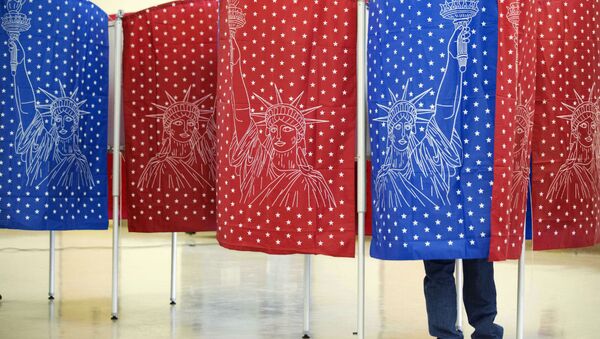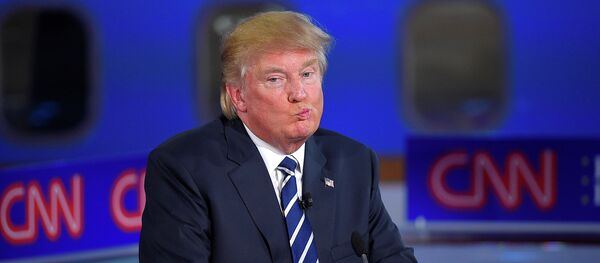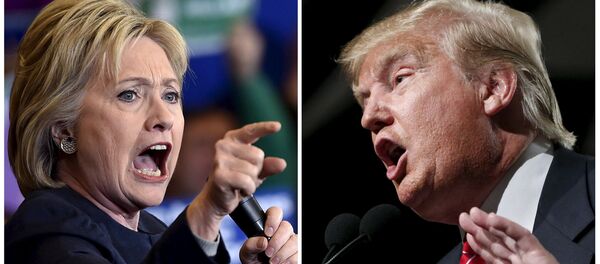As primary races continue in the United States, many voters have voiced concerns with the nominating process. On the Republican side, billionaire Donald Trump is facing fierce opposition from party insiders, despite winning the vast majority of votes. For the Democrats, supporters of Vermont Senator Bernie Sanders have regularly accused the party of sabotaging his campaign in favor of Hillary Clinton, particularly through the use of superdelegates.
These frustrations have had an effect on American’s confidence in the system at large. According to a new Reuters/Ipsos poll, over half of US citizens believe the primary race to be "rigged."
Approximately 47.2% of those polled agreed that "The current system of presidential primaries and caucuses are 'rigged' against some candidates." Another 29.5% said they were unsure, while only 23.3% disagreed with the statement.
"I’d prefer to see a one-man-one-vote system," said Royce Young, a South Carolinian who supports Clinton. "The process is so flawed."
Part of the problem stems from the overwhelmingly complex nature of both parties’ nominating processes. Varying from state to state, the process can be difficult to follow, and individual states form their own rules about who, exactly, is eligible to vote.
The poll showed that 27% of likely voters did not have a full grasp of the nominating process, while 44% did not understand the need for delegates.
Nearly 71% of those polled said they would prefer to select their party’s nominee with a direct vote, eliminating the delegate process altogether.
Over half also said they would prefer holding all primaries in a single day, rather than spreading them out over several months.
On Tuesday, billionaire Trump won all five states holding primary contests, including Connecticut, Maryland, Delaware, Pennsylvania, and Rhode Island. Former Secretary of State Clinton also made significant leads on the Democratic side, winning every state but Rhode Island.
The delegates earned by the candidates on Tuesday all but cement the nomination for the two frontrunners, signaling the beginning of the end of close primary races. According to Larry Sabato, director of the University of Virginia Center for Politics, tight races tend to force voters’ to scrutinize the election process.
"The popular vote overwhelms the rules usually," he said, "but in these close elections, everyone pays attention to these arcane rules."
While Clinton and Trump are likely to be the nominees, rivals in both parties have vowed to continue to the end. The next primary race will be held in Indiana on May 3.




